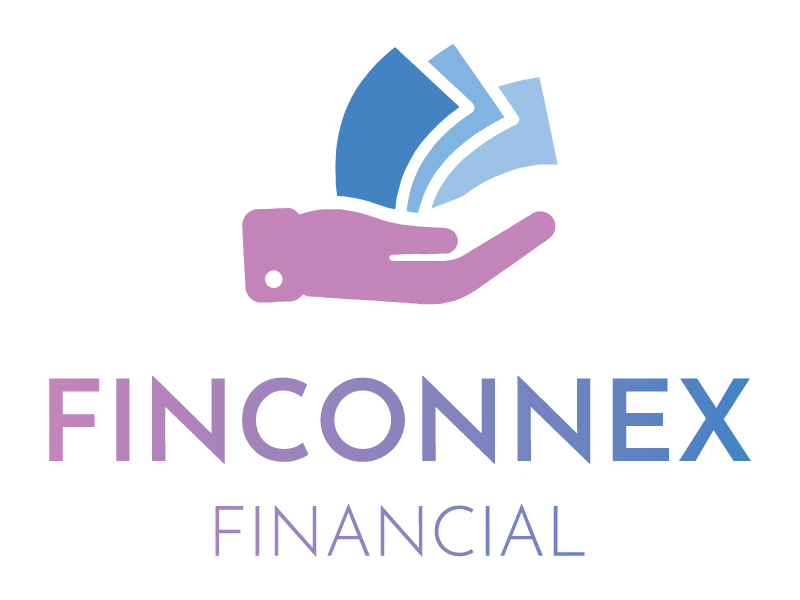Required Documents Checklist
Personal identification
- You’ll need to gather 100 points of ID.
- A current passport or birth certificate is worth 70 points.
- A driver’s license equals 40 points. (If your documents are in your maiden name, include your marriage certificate.)
- To reach 100 points, consider other documents such as a Medicare card, credit card, ATM/debit card, council rates notice, pensioner concession card, health care card, or tertiary student ID card.
Income details
- Provide your two most recent payslips from your current employer. These should ideally display the company name, payslip number, and year-to-date income.
- Include the latest Group Certificate from your employer.
If you’re self-employed
- Include the last two years’ personal and business tax returns along with ATO assessments.
- Add any other income details.
You may also need
- Rental income statements or bank records showing rental income for investment properties.
- Proof of share dividends or earned interest.
- A Centrelink letter confirming family tax benefits.
- A Centrelink letter confirming a permanent government pension.
- A private pension group certificate or statement.
- Proof of any other regular, ongoing income.
Additional documents for mortgage refinancing
Documentation for Existing Home Loan
- Include details of your existing home loan: the loan commencement date, loan period, and any early exit financial penalties.
- Provide statements covering the last six months for all existing home loans and personal loans.
For properties offered as security
- Include the most recent council rates notice and building insurance policy for the property or properties being used as security.
Credit card information
- If you have credit card debt, include statements from the past six months.
- If your credit card balance is zero, include the most recent statement.
Additional documents if you already own a home
- Provide statements for the last six months showcasing your existing home loans or personal loans.
- Include your most recent credit card statement.
- Attach a copy of the contract of sale for the property you are purchasing.
- Showcase your savings and investment history with statements covering the last six months. This can encompass share certificates, savings account statements, term deposit statements, and more.
- If external funds are involved in the purchase, provide evidence confirming the location of these funds.
- In the case of funds being gifted to you from an external source, not yet deposited in your bank account, a Statutory Declaration from the giver is necessary.
Additional documents for first home buyers
- If you possess a First Home Saver Account, provide its statement.
- Provide statements for the past six months to demonstrate your savings and investment history, which may include share certificates, term deposit statements, and more.
- If external funds are contributing to the purchase, provide evidence detailing the location of these funds.
- In the case of funds being gifted to you from an external source not yet reflected in your bank account, a Statutory Declaration from the donor is required.
- Include your most recent credit card statement.
- Attach a copy of the contract of sale for the property in question.
Additional documents for investors
If you have an existing investment property(ies), ensure you provide these essential documents:
- Evidence of income, including rental statements.
- Include a copy of the tenancy lease for each property.
- Provide a council rates’ notice for each property.
- Copy of the contract of sale for the property you are purchasing.
- Provide a letter from a property manager estimating the potential rent for the new property.
- Copy of the contract of sale for the property being purchased.
Additional documents for borrowers seeking a construction loan
- A copy of a valid builder’s fixed price tender, including all specifications.
- A copy of council approved plans.
